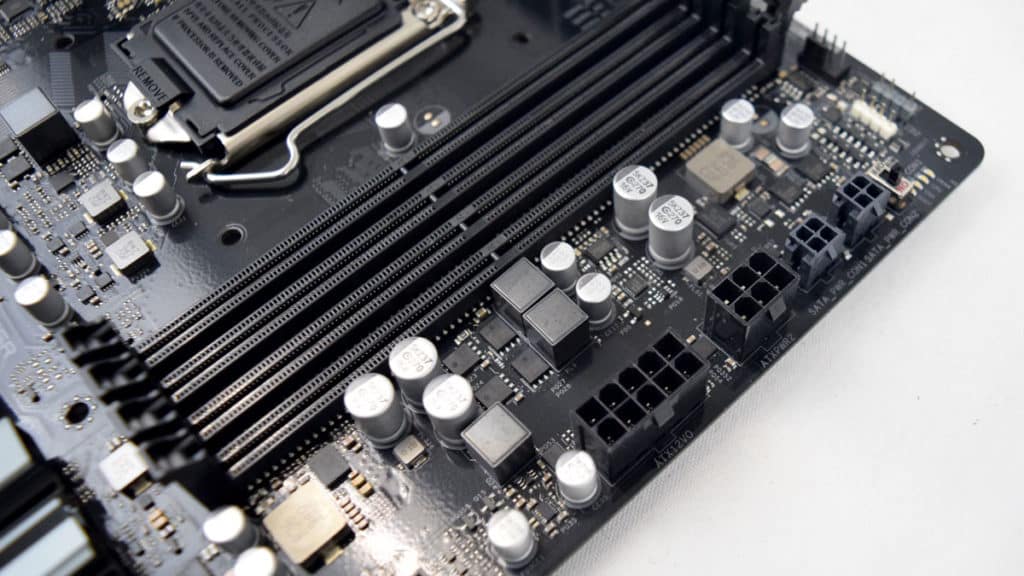Image: Intel
Something that Intel is keen on introducing as part of its upcoming Intel Z690 motherboards for 12th Gen Core “Alder Lake” processors is support for a new power standard called ATX12VO that promises reduced idle desktop power for lower energy use. Recent reports suggest that many motherboard manufacturers couldn’t care less and have opted to retain the traditional 24-pin ATX12V specification for their upcoming products, however. According to one insider, Yuuki_ans, some manufacturers are merely offering ATX12VO to ATX12V adapter boards, while others, more humorously, have designed a single ATX12VO motherboard that won’t actually be released and exists solely to meet Intel’s alleged requirement that there must be at least one board supporting its new power standard. Two ATX12VO motherboards that are already available on the...
Continue reading...
